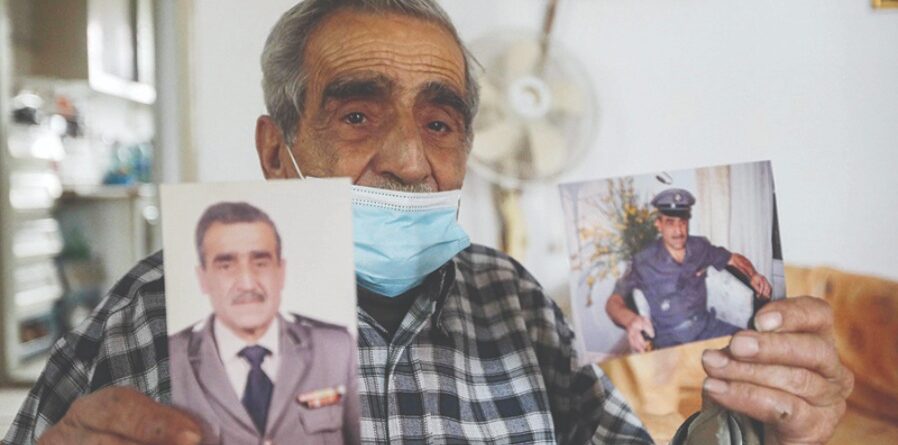Lebanon crisis robs pensioners of cash cushions
Samir Merhi returned to Lebanon in 2009, hoping the fortune he made abroad would let him retire comfortably at home, but the country’s economic crisis has upended his dreams and forced him to leave again.
For four decades, Merhi said he made “millions” working in the fashion and construction industries in Britain and the Gulf, but draconian controls imposed by Lebanese banks have trapped his life savings.
Speaking in a hotel in Beirut’s commercial district of Hamra, Merhi said he was planning to fly to the United States, where he will join family, even though he isn’t keen on doing so.
“I have no choice,” said the 72-year-old former businessman wearing a neatly pressed suit.
“I have to start over to secure my retirement. If my money was given back to me, I wouldn’t need to go to the US,” he told AFP.
“What will I do there? I don’t want to die in America,” he said as he waited for a taxi to take him to the airport.
Lebanon is in the grips of its worst economic crisis since the 1975-1990 civil war, with more than half of its population mired in poverty.
The Lebanese pound has lost more than 85 percent of its value against the US dollar on the black market in a devaluation that has eaten away at pensions and salaries.
Lebanese banks have limited access to pound deposits and halted all dollar transactions since 2019 to stem a liquidity crunch and shore up dwindling foreign exchange reserves.
Like many in the country, Merhi blames the dire situation on politicians who he accused of being “corrupt from head to toe”.
“I’m the victim of the biggest financial scam in history,” he said. “May God curse them all.”
Read more @Yahoo News
328 views










